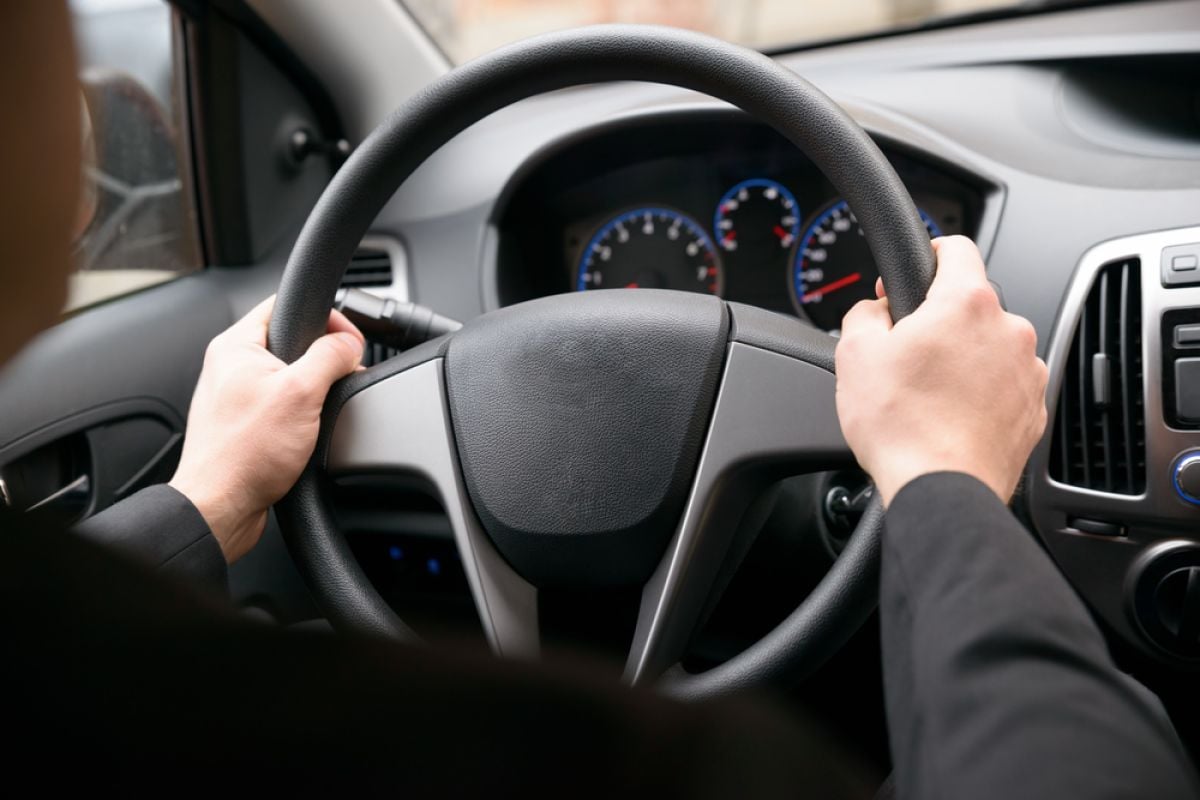
Expats are legally able to drive in Kenya, but will find many challenges, including high accident rates and road safety. Although many expats prefer to hire a driver, below is an overview of driving in Kenya, road rules and safety considerations.
Driving licences
If you are in Kenya for a short stay of three months or less, you can drive on your local licence or an international licence. However, expats in the country for longer than three months should obtain a local licence, as penalties apply for expats found to have not done this. It is a simple and easy process to get an international licence from your home country before travelling.
Drivers from most countries who hold a full licence from their home country will be able to obtain a Kenyan licence easily, without a driving test. Licences are issued by the National Transport and Safety Authority and can be renewed online through the eCitizen portal.
Good to know: Drivers in Kenya must be at least 18, or 16 for a motorcycle licence.
Road rules
In Kenya, drive on the left side of the road. Drivers will find roads in the cities often very crowded, and parking in cities is at a premium. In rural areas, there is much more open space, but roads are often not well-maintained or of a high quality, and are likely to be dirt or gravel. A 4WD vehicle is recommended for driving outside of the cities.
It is a legal requirement for seat belts to be worn by all passengers and the driver, and the country's blood alcohol limit is 0.08. Road accidents are extremely common in the country, so drivers should drive defensively, always wear seat belts, and avoid speeding. Report any unsafe driving or accidents to the police.
Speed limits are generally 50 km/hr in towns and cities, and 110 km/hr in regional areas, however, the roads conditions are likely to impact your speed.
Safety considerations
Driving in Kenya can be dangerous, for many reasons. As a safety precaution, many expats chose to hire a driver to drive their own car, rather than driving themselves, especially in the cities. Some employers provide a car and driver service for their employees. If you do plan on driving in Kenya, here are some important safety precautions to be aware of:
- Wildlife is prevalent throughout the country, so remain vigilant on the roads in rural areas.
- Avoid driving at night, as visibility is poor in regional areas. Road safety is notoriously very bad in Kenya, as drivers can be aggressive, unpredictable, and can travel at high speeds. Statistically, most accidents in Kenya happen in the evening or night.
- Carjacking is a problem, especially in larger towns and cities. Make sure to always drive with doors locked and windows rolled up, and be extremely cautious when driving in unfamiliar areas.
- Do not leave valuables in a vehicle, or on display, such as a GPS or mobile phone.
- For long distances, consider a bus or air travel rather than driving. If you do drive, take regular safety breaks, and always know the distance to the next town or petrol station. Ensure you have a spare tyre, safety kit, a mobile phone with reception, and plenty of water.
Good to know: In Kenya, police can be reached by dialing 112, and emergency services on 999.
Useful links:
We do our best to provide accurate and up to date information. However, if you have noticed any inaccuracies in this article, please let us know in the comments section below.








